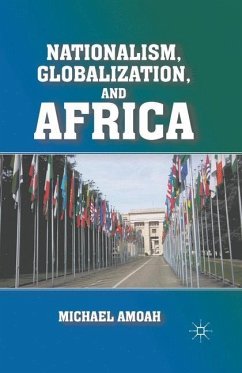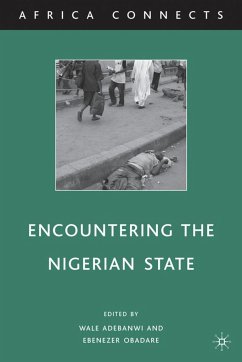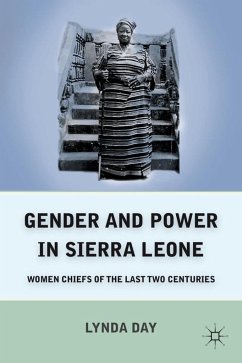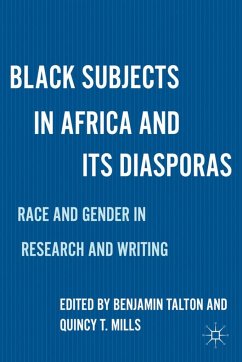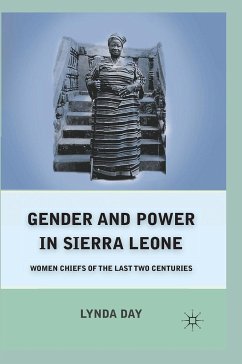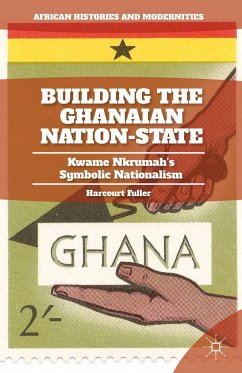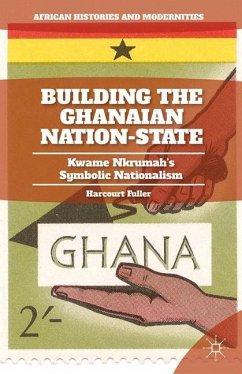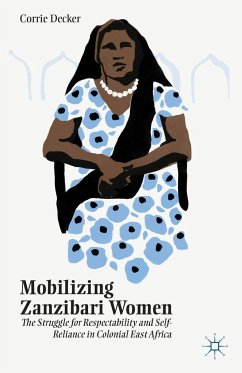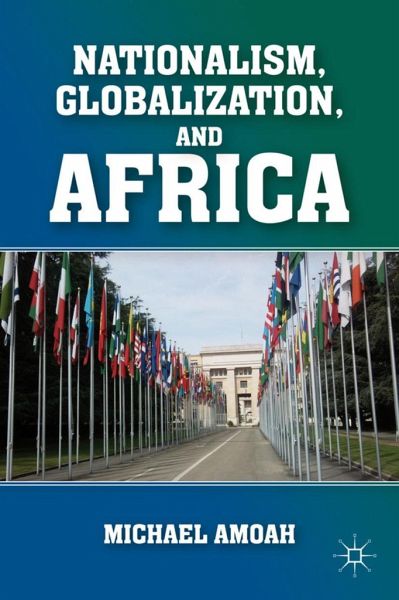
Nationalism, Globalization, and Africa
Versandkostenfrei!
Versandfertig in 6-10 Tagen
38,99 €
inkl. MwSt.

PAYBACK Punkte
19 °P sammeln!
Nationalism, especially supranationalism is the bane of global governance, and globalization. Whereas globalization seeks to unify the globe to function to advantage, supranationalisms operate to frustrate the coherence and achievement of this aim. This book delves into the Theories of Nationalism, the contours of supranational activity within global politics, international political economy, and global trade alliances vis-à-vis Africa. The book also identifies a list of African countries with identical issues, serial political difficulties, or time bombs ticking, and examines the performance...
Nationalism, especially supranationalism is the bane of global governance, and globalization. Whereas globalization seeks to unify the globe to function to advantage, supranationalisms operate to frustrate the coherence and achievement of this aim. This book delves into the Theories of Nationalism, the contours of supranational activity within global politics, international political economy, and global trade alliances vis-à-vis Africa. The book also identifies a list of African countries with identical issues, serial political difficulties, or time bombs ticking, and examines the performance of their political economies and new security challenges, using global indicators.



